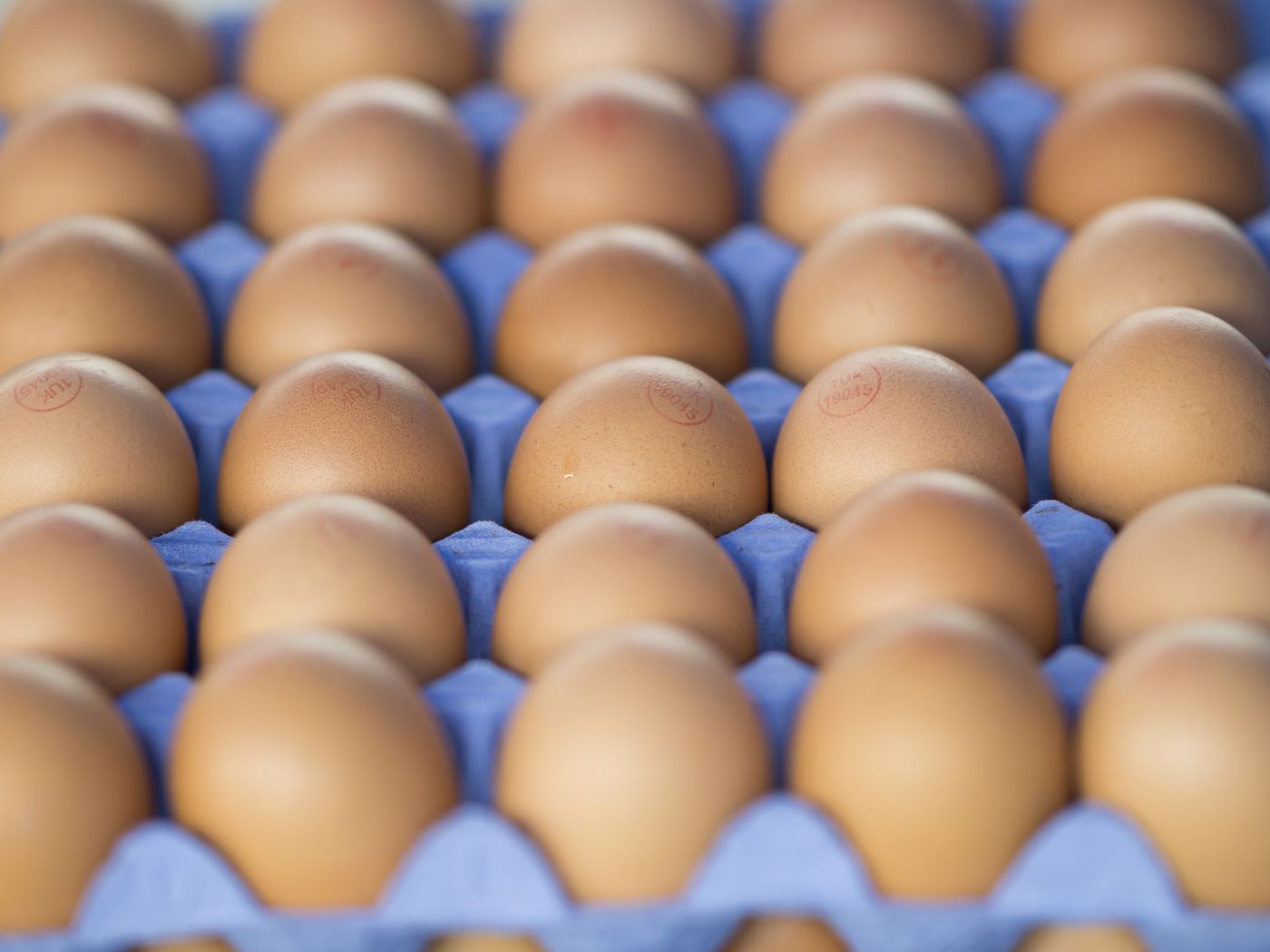Environmental contaminant found in organic egg yolks in Denmark

Likely to have been transferred via fishmeal, which is included in feed for organic hens, the discovery has prompted concerns that children who eat many organic eggs could be at risk.
The contamination was found by the Danish National Food Institute in a study carried out in collaboration with the Danish Veterinary and Food Administration. Researchers also found lower levels in eggs from free-range, barn and battery hens.
PFAS’s are known as ‘forever chemicals’ because they do not degrade in the environment and when eaten they can take 3-7 years before the substance concentration is halved.
Professor Kit Granby, of the DTU National Food Institute, said the feed sector in Denmark had voluntarily agreed to replace fishmeal in organic feed for egg laying hens and that the issue was being reported to the EU.
“The authorities shall perform national monitoring programmes to control PFAS in the major food raw materials for PFAS and report to the EU. Both obligations shall protect the consumers from dietary exposure to chemical contaminants including PFAS,” Granby told specialist media outlets.
Granby said the likely cause for the fishmeal contamination had been down to the raw materials in the feed as the ocean and seafood are polluted by atmospheric deposition of PFAS, which will contaminate fish.
The European Food Safety Authority has set, at the beginning of this year, the tolerable weekly intake of the sum of 4 specific PFAS (PFOA, PFNA, PFHxS and PFOS) at 4.4 nanograms per kg body weight per week. Among the children who eat a substantial number of eggs – 5-6 per week – the intake is 10 nanograms per kg body weight per week. In addition, all citizens in Denmark are further exposed to PFAS from many other foods and sources, which contribute to the total intake.
“When children are at risk of being exposed to more than twice as much PFAS solely from eggs as the amount that is the limit for a safe intake, the risk is noticeable,” added Granby.
However, she stressed that PFAS are not substances that make you actually ill, but if you consume large amounts for many years, it can affect the immune system.
Read also
Wheat in Southern Brazil Impacted by Dry Weather and Frosts
Oilseed Industry. Leaders and Strategies in the Times of a Great Change
Black Sea & Danube Region: Oilseed and Vegoil Markets Within Ongoing Transfor...
Serbia. The drought will cause extremely high losses for farmers this year
2023/24 Safrinha Corn in Brazil 91% Harvested
Write to us
Our manager will contact you soon



